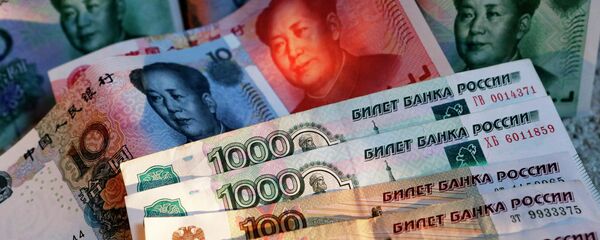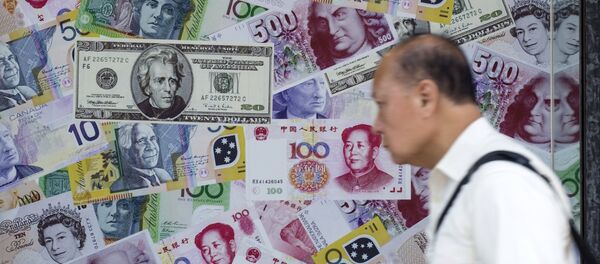After the 2014 bubble in real estate and this past summer’s dramatic crash in the stock market following the stunning equity rally in a matter of several months, this time around, the mainland’s corporate bond market is booming. Given the widely known scarcity of investment capital in mainland China, the ‘shadow banking’ sector is possibly laundering their assets via corporate bonds. Yet, as unsustainable borrowers’ loans have entered the
Chinese consumer market, the entire Chinese economic remodeling strategy might be at risk should the overheated bond market experience a profits-taking rout similar to those seen in real estate and stocks during the past two years.
Mainland Chinese companies, frustrated by the lack of quality investment resources, have recently decided to attract funds via bond issuance. For instance, new corporate debt in Q3 rose to 914 bln renminbi ($142.99 bln) and 29% of the total volume of new loans from just 381 bln renminbi and only 8% in Q1.
Corporate bonds are selling surprisingly well, attracting some authorities’ attention. Mainland China’s institutionalized investors (including trusts and other non-bank players) have bought some $450 bln worth of corporate debt before the authorities tried to curb excessive lending activity fearing a wave of defaults throughout the country.
Among the 57 non-listed enterprises (meaning they do not trade their stock) having issued bonds, 23 have direct connections with the heavily-indebted local governments. Meanwhile, according to observations by CN Benefit, some 60% of new fund management services are actually debt management, with clients seeking to sell bonds.
Corporate volatility in mainland China is rife, and is particularly so in the most unstable situations of debt pileups, like the case of local governments.
The higher the risk, the higher the yield, driving demand for such bonds: investors are aware of Beijing’s role as lender and warrantor of last resort.
That said, market participants do not see the risk of a default as a realistic perspective.
"So for instance you can take 2 billion yuan of government debt as collateral and receive 750 to 800 million of cash, and use that to buy more debt," an anonymous banking source told Reuters.
The scale of bond market manipulations is surprising. First, is it unclear where all the money that are buying bonds are coming from. The ‘shadow banking’ allegations are mere allegations thus far.
Second, the bond market might overheat amidst significant influx of capital of muddy origin. It is unknown how much money resources are involved, meaning it is almost impossible to predict how high the bond market might rise before investors decide to take their profits, triggering a bubble burst.
"Similar to what happened in China's stock market earlier this year, the rally of bonds is largely driven by liquidity conditions and speculation that government will provide support when necessary," Zhou Hao of the Singapore-based Commerzbank said.
Another concern is lack of predictability in the central government’s actions. The excessive and prohibitive regulatory measures to the bourses had arrived suddenly in August in the midst of the stock meltdown.
However, bond market is a more important sphere for the Chinese government as it directly affects the non-financial sector. A bubble burst in corporate bonds would be more devastating, hitting the provincial governments’ fiscal performance instantly, and halting development investment at once. That said, tighter regulations on bond investment might be imposed soon.
For now, the Chinese authorities seem to be rather satisfied they managed to endure funding of the most risky and overtly indebted provincial governments. However, chain-referral scheme collaterals are very well known from the 2007-2008 US experience, and Beijing had better address the issue until its too late.




